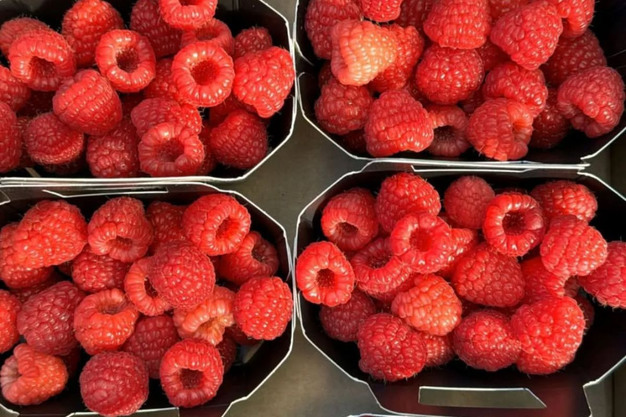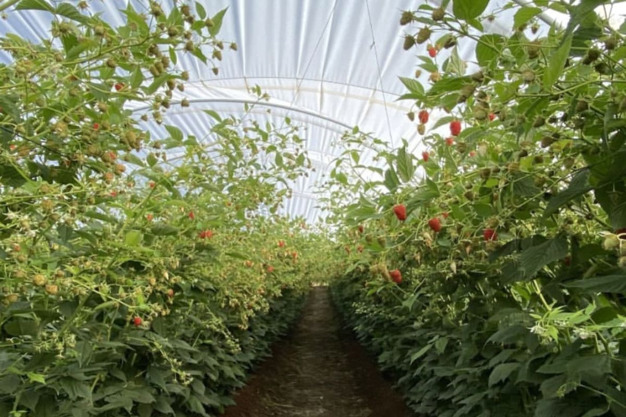November marks the end of the first cycle of the raspberry season in Morocco. Results are quite satisfactory, reports Youssef Aznou of Weloveberries. Nevertheless, the sector is becoming less attractive in his eyes.
The grower says: "The bulk of raspberry volumes from the Larache region comes from the May planting cycle, which is harvested from August 15 to November, taking into account that the season started 20 days earlier this year. We have finished harvesting this cycle and it has all been sold."

The first cycle was marked by serious phytosanitary problems, according to the grower, who adds: "Plant quality was not optimal. We saw several diseases spread this season, more than in the last four or five years. It was difficult and above all costly to contain the problem, not least because of the development of resistance to these diseases, as well as the European Union's ban on pesticides."
"Raspberry yields have consequently fallen by an average of 12.5% this season, and even by up to 40% for some fellow growers in the region while growing costs have increased. The cost of production has stabilized this season compared with last, but is still up by almost 30% compared with the 2022 season," Youssef continues.
"The labor shortage was a serious problem for growers," he adds. "Between mid-March and May, it was difficult to find workers across the entire region. The situation was very stressful and the stakes were high: it only takes one day late in harvest to lose everything."
On the upside, growers were able to offset lower yields and higher costs with satisfactory demand: "Volumes were fully sold at prices well above those of the previous season, with an average increase of 20-25%, and even 40% for some quantities. I only deal with production, but I know that my raspberries have been exported to various European markets and the UK".

Youssef says he is considering to turn to other berries, such as blueberries or strawberries, as soon as next season. He argues, "despite good prices this season, the raspberry industry is becoming less attractive. It became too expensive compared with other berries, and it's labor-intensive while we have a labor shortage. There are too many risk factors. I think I'm going to convert part or all of my acreage to blueberries next season."
The grower concludes: "We are also observing the evolution of Egyptian strawberry prices this season. Growers in the Larache region, especially the small-scale growers, much prefer to grow strawberries, but they have been pushed out of the sector by the low prices from Egypt. If Egyptian strawberry prices rise as projected this season, there will undoubtedly be renewed interest in Morocco."
For more information:
Youssef Aznou
Weloveberries
Tel: +212 707-977377
Email: [email protected]
www.instagram.com/weloveberry_
